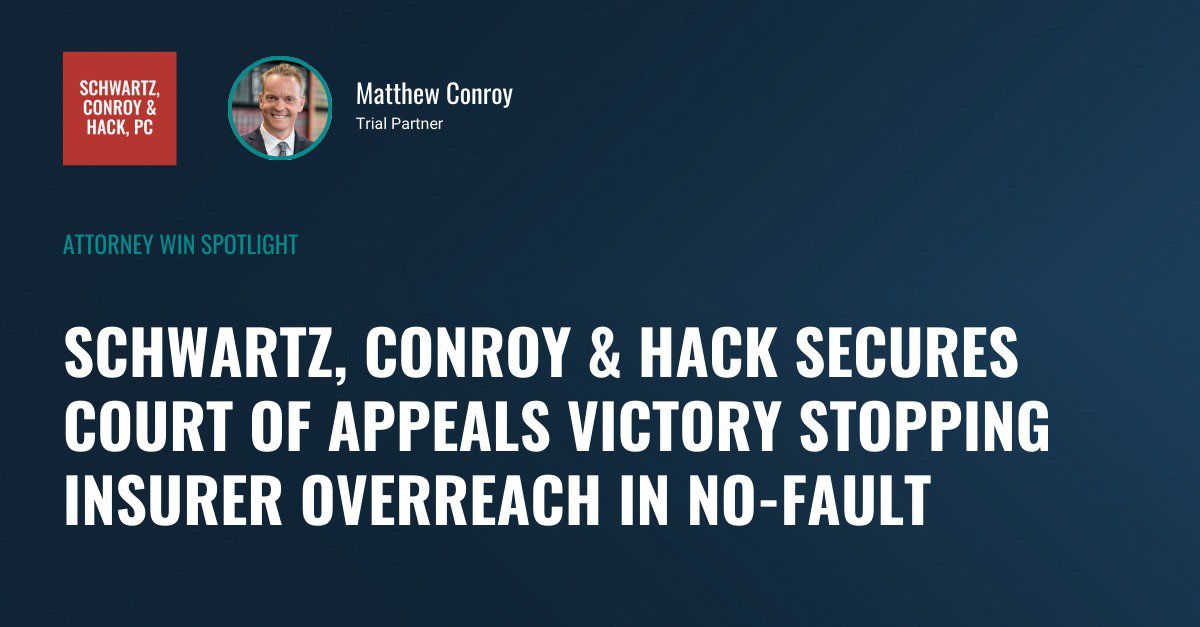{3:20 minutes to read} An insurance company engages in bad faith when it unreasonably denies, delays, terminates or underpays your claim.
For example, if the insurance company refuses to pay for your homeowner’s claim or your business interruption claim, or to compensate you for harm caused due to water or fire damage, these denials may have been made in bad faith.
Bad faith conduct happens frequently. There is an analysis that requires a skilled attorney to help you determine whether there is a possibility that the insurance company has engaged in bad faith conduct, based on how they have treated your claim. There are enormous differences in the law of the 50 states as to whether you can assert a bad faith claim and what damages, if any, you can recover, as well as what you have to prove to receive damages for the bad faith treatment.
Bad faith damages are those that you may recover beyond what you are entitled to under the insurance contract. So, if your insurance contract entitles you to one million dollars of indemnity or benefits, and you have a one million dollar claim, that amount is just to cover your contract benefits. Bad faith benefits include punitive damages, attorney’s fees, damages for emotional distress, and other damages of that nature. These are called “damages beyond the contract” or “extra-contractual damages.” These are the types of damages that you can recover if you are able to pursue a bad faith claim in your state.
Keep in mind that just because an insurance company denies, delays, terminates, or underpays your claim does not mean that it was done in bad faith. It is important to be able to look at the manner in which the insurance company has handled the claim and the reasoning that they have used to take action on your claim.
If you do have a valid bad faith claim, it also gives you a great deal of leverage in getting the contract portion of your claim resolved more quickly and for more money than the insurance company was willing to pay because of the insurance company’s extra-contractual exposure.
Because bad faith claims require a state-by-state analysis—and there are different remedies that exist in each state for extra-contractual damages—it is very important for an experienced attorney to evaluate whether or not you can assert a bad faith claim. An experienced bad faith lawyer can look at your case and determine what damages you could recover if you choose to pursue, and are able to pursue, a bad faith claim.
If you have any questions regarding bad faith or think your claim has been handled in a bad faith manner by an insurance company, feel free to contact my office to discuss it.
Evan S. Schwartz
Founder of Schwartz, Conroy & Hack
833-824-5350
[email protected]


